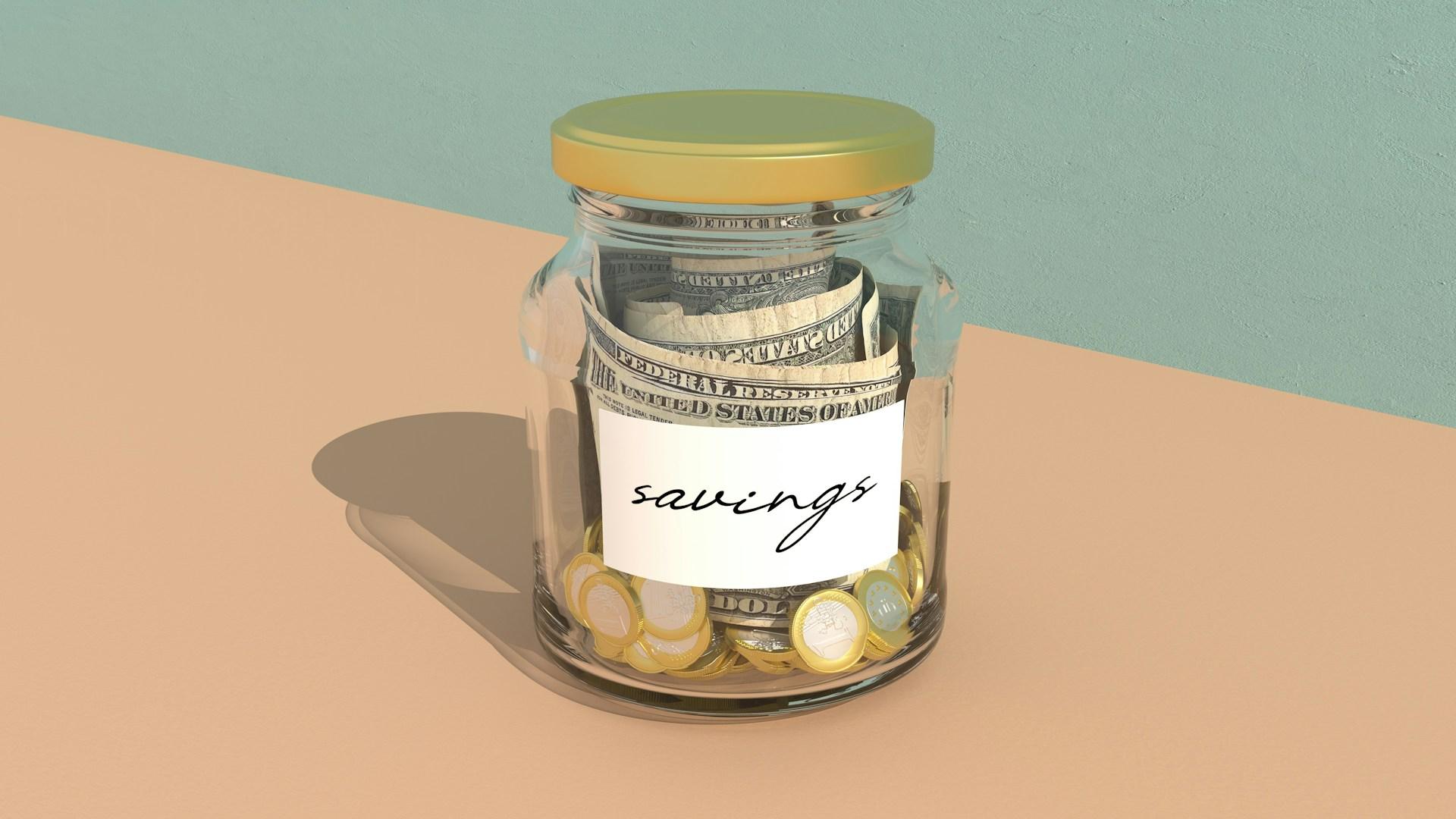Millennials are often told they are the “lucky” generation. Many have higher qualifications than their parents, earn in stronger currencies, and work in global roles that did not exist twenty years ago. Yet when you sit down and ask them how they feel about money, the answers are surprisingly consistent: stressed, uncertain, and one big life event away from feeling exposed. For this cohort, higher salaries aren't easing financial anxiety in the way people assume they should.
If you recognise that tension in your own life, you are not alone. You may have more digits in your payslip than your parents did, but also more tension in your shoulders every time a bill comes in. From a planner’s lens, the problem is not simply that “everything is expensive now”. It is that the financial landscape millennials are navigating is structurally different, while the frameworks they were given growing up have not kept pace.
Higher income in a higher cost world does not feel like a win. It feels like running on a treadmill that keeps quietly speeding up. Housing costs have outpaced wage growth in many global cities, childcare can rival a second mortgage, and even basic comforts like eating out or taking a short flight have shifted from small treats to serious budget decisions. A salary that looks impressive on paper may be doing nothing more than covering a more expensive version of the same life.
This is where lifestyle creep enters quietly. When your income rises after years of feeling stretched, it is natural to upgrade. A better apartment, nicer food, a gym that feels like a sanctuary at the end of a draining week. None of these choices are wrong. The problem arises when every pay rise is fully absorbed by new fixed commitments. If your rent, subscriptions, and instalment payments grow in lockstep with your salary, your cash flow might look bigger, but your safety margin has not improved at all.
On top of that, millennials are often supporting in two directions at once. Many are part of the “sandwich generation” without calling it that. They are contributing to their own future through retirement plans and investments, while also helping aging parents who may not have had strong pensions, and sometimes supporting younger siblings or extended family. The emotional obligation is real, and so is the cash flow strain. It is very hard to feel financially secure when you quietly know that several people are depending on your income continuing smoothly.
Debt adds another layer to this anxiety. University tuition, professional qualifications, and even early career survival in high cost cities often come with credit cards or education loans in the background. Later, there may be car loans, renovation loans, or “buy now, pay later” facilities that were meant to be convenient but now clutter the monthly statement. You might be earning a strong income, yet still see a large part of it diverted towards servicing decisions made years ago, when you had fewer options and less financial clarity.
The structure of work itself also contributes to that uneasy feeling. Millennials have lived through the global financial crisis, a pandemic, and multiple waves of layoffs in sectors that once felt stable. Remote work opened opportunities, but it also made job markets more global and more competitive. Even when the payslip is healthy, the underlying belief is often, “This could disappear faster than I expect.” That sense of instability makes it difficult to fully relax, no matter how high the salary number climbs.
There is also a very modern source of financial anxiety that previous generations did not face at the same scale: constant comparison. Social media compresses the lives of peers, influencers, and strangers into a single stream of visual benchmarks. Renovated homes, overseas weddings, “soft life” weekends, and designer prams all show up in the same feed. Even if you know intellectually that it is curated, exposure shapes expectations. When you unconsciously adopt an inflated idea of what “normal” looks like, even a strong income can feel inadequate.
From a planning perspective, a key reason higher salaries are not easing stress is that most people were never taught how to translate income into resilience. They learnt how to work hard enough to earn more, but not how to design a system around that income. A system is what turns a fluctuating monthly number into long term security. Without it, every decision is made in the moment, and each new expense is justified on its own, rather than in the context of your larger life.
One of the most practical ways to rebuild control is to move from a loose mental budget to a clear, written cash flow plan that reflects your real life. Instead of simply thinking in terms of “savings” and “spending”, it can help to separate your money into three layers. The first layer is your survival costs: housing, food, utilities, insurance, and essential transportation. The second is your comfort and connection layer: eating out, hobbies, trips, gifts, and experiences that genuinely matter to you. The third is your future build layer: emergency fund, investments, and any extra repayments towards high interest debt.
When you map your monthly income against these three layers, you get a clearer picture of where tension is coming from. If your survival costs alone already consume most of your salary, anxiety is understandable, because there is no buffer. If your comfort and connection layer has expanded significantly with each pay rise, while your future build layer has stayed flat, that is also a clue. The aim is not to eliminate joy from your present, but to ensure that some of every increase in income feeds your future, not only your lifestyle today.
A simple guideline many professionals find useful is to treat every pay rise as a chance to rebalance, rather than a green light to upgrade everything. For example, if your income rises by 10 percent, you might decide that at least half of that increase goes straight to your future build layer. That might mean topping up automatic investments, accelerating debt repayment, or strengthening your emergency fund until it covers several months of essential expenses. This way, higher pay becomes directly linked to lower vulnerability, not just nicer consumption.
It is also worth examining how much of your anxiety comes from unclear goals. Financial stress is often amplified when you are working hard but do not have a defined sense of what you are moving towards. A vague idea such as “I want to be comfortable” is difficult for the brain to feel satisfied with. In contrast, naming specific intentions, such as “I want a six month emergency fund within three years” or “I want to be able to take unpaid leave for three months if needed”, gives your income a clearer job.
From there, you can align your money decisions with timelines. Short term goals, like building that emergency fund or paying off a credit card, might sit in safer, more liquid instruments. Medium term goals, such as a house deposit or a career break, may involve a different mix. Long term goals, such as retirement or financial independence, rely on investments that have time to grow and recover from market swings. When your money is matched to the horizon it needs to serve, you are less likely to panic when markets move or headlines are alarming, because each pool of capital has a defined purpose.
It also helps to be honest about risk tolerance in a way that takes your wider life into account. Millennials often straddle competing narratives: one of aggressive investing and “make your money work harder”, and another of caution shaped by crises they have lived through. Neither extreme is inherently right or wrong. What matters is whether your portfolio design reflects your real emotional bandwidth and obligations. If market volatility makes you lose sleep because you are also responsible for parents and children, then a slightly more conservative allocation that you can genuinely stick with is often healthier than an aggressive portfolio you abandon in the next downturn.
Another overlooked tool for reducing financial anxiety is protection planning. Higher salaries can sometimes create the illusion that you can “self insure” through future income alone. In reality, illness, disability, or unexpected death do not check your payslip before arriving. Appropriate insurance, aligned with your dependents and debt levels, is less about pessimism and more about respecting the people who rely on you. When your critical risks are addressed thoughtfully, it becomes easier to focus your energy on growth, rather than constantly running scenarios in your head.
Finally, there is the softer but important dimension of talking about money more openly. Many millennials grew up in households where finances were either taboo or a source of conflict. As adults, they carry the same silence. Yet anxiety thrives in isolation. Sharing experiences with peers, seeking professional advice, or even having structured money conversations with partners can shift financial stress from a private burden to a shared problem that can be solved. Often, the simple realisation that others feel the same way is already a relief.
Higher salaries aren't easing financial anxiety because income alone has never been enough to create security. What changes the experience of money is how that income is translated into buffers, protection, and choices that support the life you actually want. For millennials facing complex tradeoffs and uncertain job markets, the most powerful step is not to chase an ever larger paycheck, but to design a plan that gives every dollar a clear role. That plan does not have to be perfect on day one. It simply has to exist, and be adjusted over time, so that your growing income finally starts to feel like what it truly is: an opportunity to buy back stability, not just status.















